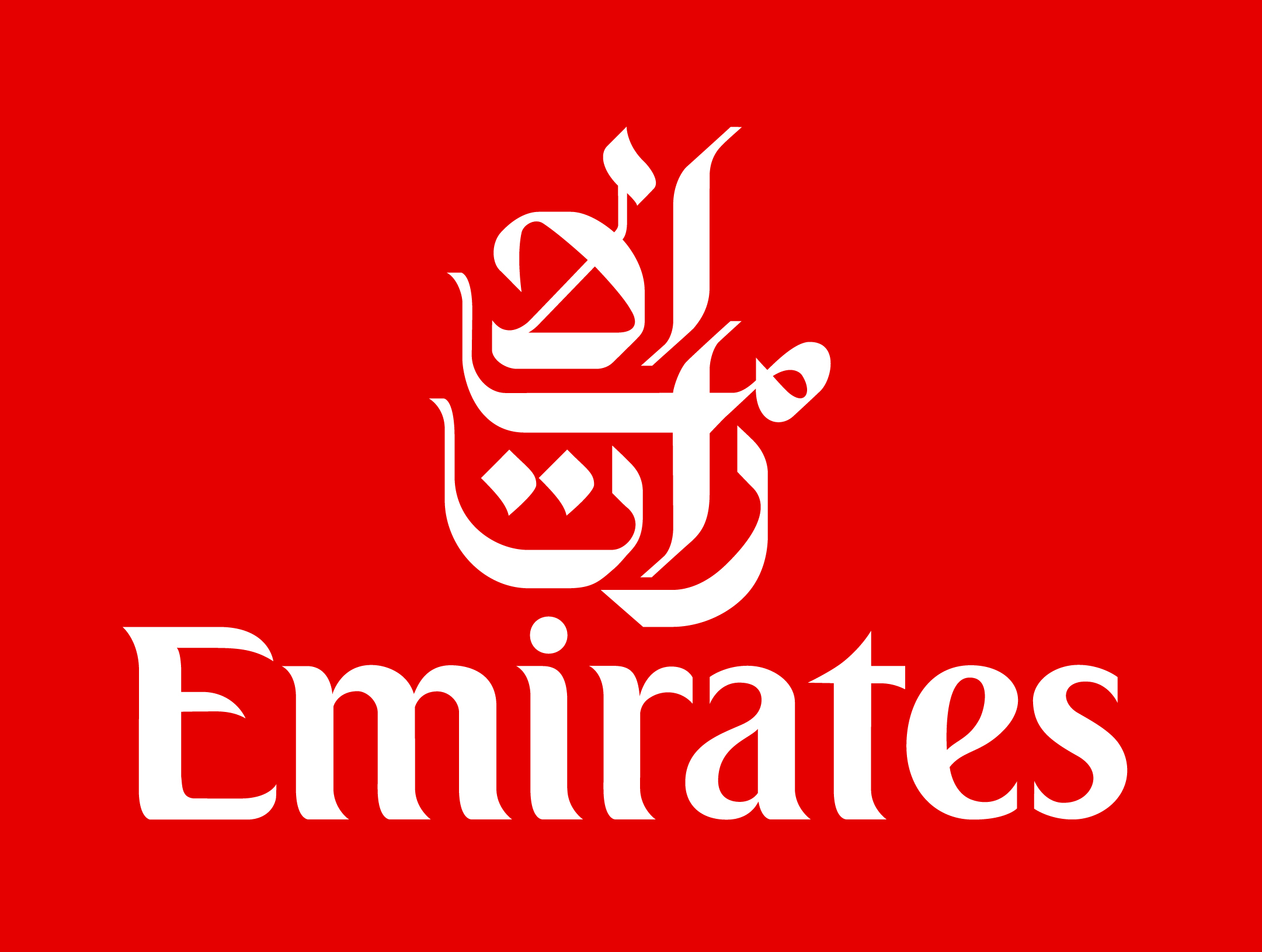1. Course quality first in customer experience
It’s no surprise 64% of respondents highlighted the quality of the golf course as ‘extremely important’. Often the course condition will frame post-round discussion but, more importantly, guests may post pictures, videos or even go live from a golf course and comment on the course or post a review of their experience. So, for prospective customers, visual information about a golf course is more accessible and on demand than ever before, which can work in favour of a venue or, on a rare occasion, against it. Venues therefore need to prioritise a continual focus on course conditioning with a strategic maintenance plan to ensure their primary asset meets and exceeds customer expectations, as well as communicate any conditioning issues that may impact the customer experience in advance of playing in a positive way.
A good example of a Destination that has focused on course conditions to provide a world class playing experience is Albatross Golf Resort, Prague. Albatross is unique in that while it has relatively few competitors in the region that can match its course, as host of the D+D REAL Czech Masters the course clearly needs to be of a European Tour standard. With the recent assistance and advice of European Tour Properties and the internal team of European Tour agronomists, the venue appointed a new head greenkeeper and fleet of turf maintenance machinery. It has already gained praise from European Tour players Thomas Pieters and Matthew Fitzpatrick, and is set to achieve new levels of quality moving forward which, we now know according to the research, will be all important in 2018.
2 Tournaments influence customer choice
High profile tournament hosting can catapult a venue into the public eye and we now know, according to the survey, that respondents are likely, or much more likely to visit a golf destination if it has hosted a high-profile event. This is especially true of Ryder Cup venues (41%) and European Tour tournament venues (39%), highlighting the potential to differentiate venues on a global stage.
As host of the European Tour season-ending DP World Tour Championship, Jumeirah Golf Estates benefitted from a global television reach of 503 million in 2017, placing the venue and destination at the forefront of golfers’ minds. Having recently been confirmed as host of the tournament until at least 2020, the destination is set to capitalise on opportunities coming its way as part of Expo 2020 Dubai, an event expected to attract more than 25 million visitors to the city.
It’s one thing to host a tournament, but another to capitalise on all the benefits it can offer. As hosts of the HNA Open De France, Le Golf National is accustomed to maximising the impact of tournament hosting. Naturally, as The 2018 Ryder Cup host venue its status will be elevated further, increasing the demand from both domestic and international golfers. As a result, preparations to the course were made well in advance of the event, allowing the venue to keep the course open to customers until two weeks prior to the Ryder Cup.
So, as we move into 2018, tournament hosts should ensure highest standards, first and foremost, supported by an effective strategy to make the venue as accessible as possible to visitors seeking a world class golfing experience.
3 Facilities to enhance the experience
World class destinations rarely stand still in the pursuit of success, developing and enhancing what they have to offer customers on and off the golf course. This is important. The survey found that a proportionately high 34% of golfers stated the quality of a venue’s facilities was important to them.
From a capital expenditure perspective, many venues will need to be practical and expand or develop amenities over time. This was true of Diamond Country Club in Vienna, where the venue profile was raised through tournament hosting (it has hosted the Lyoness Open since 2010). Increases in demand led the resort to develop its accommodation offering with the addition of the on-site stylish Diamond Apartments in 2015, as well as the Diamond City Hotel Tulln this year. Hospitality is a priority for the venue and having previously been awarded the Golf Restaurant of the Year for its clubhouse restaurant, the venue is focused on providing the complete hospitality experience for members, their guests and visitors.
Why this all matters
The report does highlight a number of trends that pose a challenge for the wider golf travel industry. Broadly speaking, group sizes and the length of stays are both down, depending on which of the four markets you look at (the survey covered golfers in Great Britain & Ireland, France, Sweden and Germany).
However, golfers are still high value tourists with German golfers spending the most. Their average spend is €2,041, up 25% compared to five years ago. French golfers’ spend was also up by 13% to €1,777.
While it’s a competitive market, the rewards are there for venues that can attract the right customers and offer them quality experiences on and off the course.
• For more information about Sports Marketing Surveys Inc, visit www.sportsmarketingsurveysinc.com





